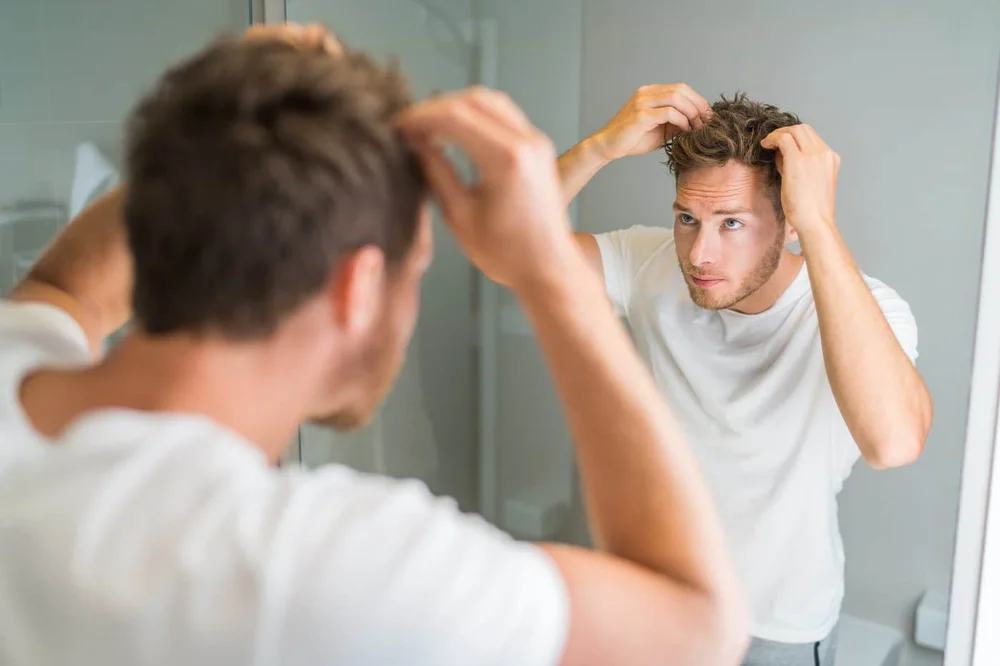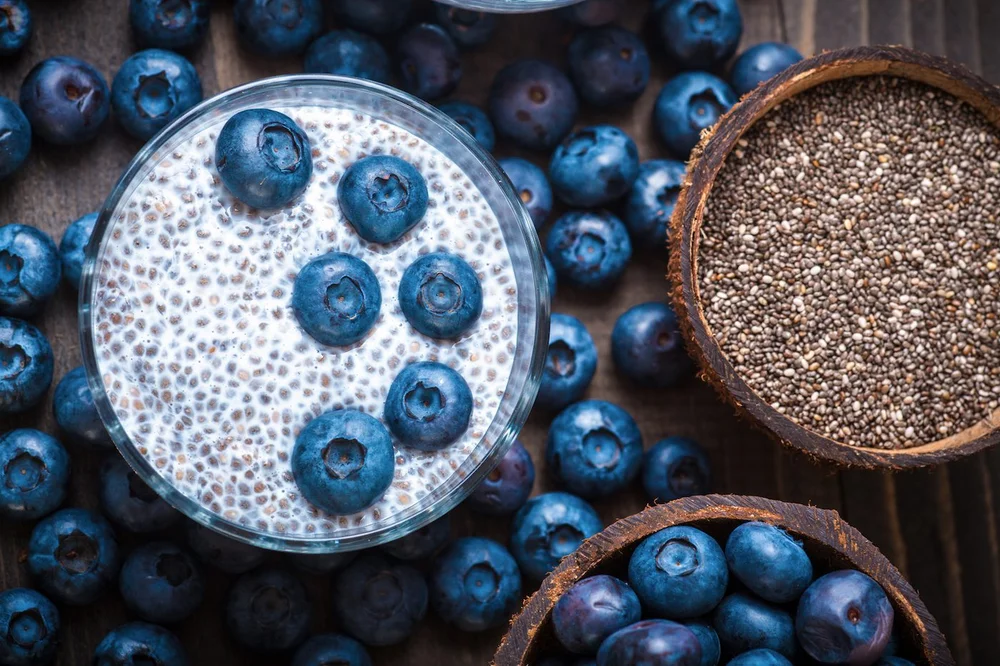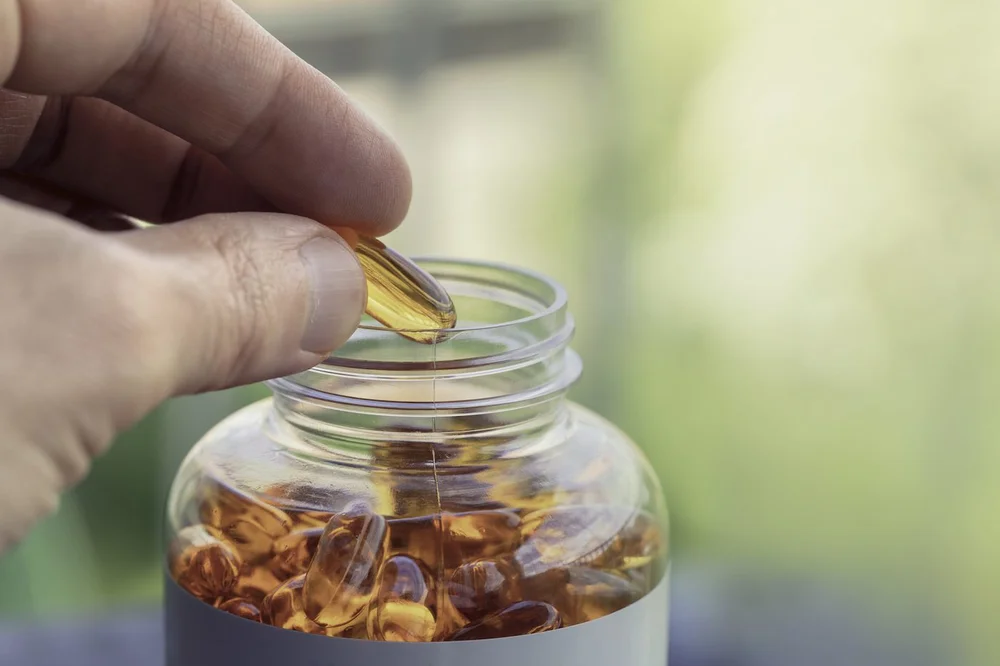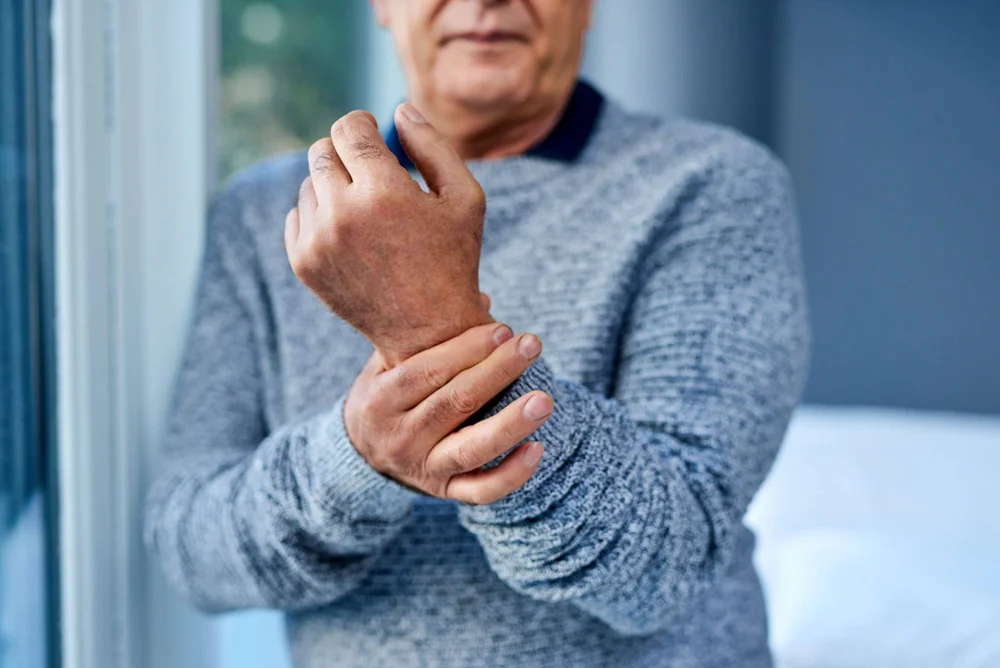Best Natural Ways to Prevent Hair Loss as You Age
Hair is one of several physical characteristics that makes us human. Our hair is closely woven into how we see ourselves in the world. Hence, it can be deeply disturbing for the estimated 80 million Americans (roughly 50 million men and 30 million women) who experience some form of hair loss.
Indeed, medical experts have noted that losing one’s hair can bring on feelings of loneliness, shame, lack of confidence, isolation, and a poor self-image. One study on the psychological effects of a certain form of hair loss found higher rates of low mood and anxious feelings in those with hair loss than in the general population.
While alopecia is the general medical term given to hair loss, there are a number of different types that stem from a variety of causes – including genetics, stress, hormonal changes, particular hairstyles and hair products, medications, and several medical conditions.
The good news is that there are solutions. By taking certain measures, you can prevent hair thinning, learn how to stop hair loss, and regrow hair naturally.
Types of Hair Loss
There are many types of hair loss – here are several of the most common:
Shedding
According to the American Academy of Dermatology, it’s normal to lose 50 to 100 hairs a day. However, if you’re losing significantly more hair than that a day, you may be shedding.
This condition is typically temporary and has to do with a period of stress. The shedding usually occurs a few months after a stressful event.
Common stressors include significant weight loss, giving birth, stopping birth control, a major illness or surgery, high fever, the death of a loved one, or divorce. This kind of hair shedding is called telogen effluvian, and it usually stops when your body readjusts.
After about six to nine months, your hair grows back to its normal fullness. However, if you remain stressed, the hair shedding can continue long-term.
Male and Female Pattern Hair Loss
This type of hair loss, called androgenic alopecia, is the kind you inherit. Hair follicles shrink and eventually stop growing hair. It can start as early as the teens, but many start noticing thinning in their 30s or 40s.
Age-Related Hair Loss
Most of us lose some hair as we grow older and hair growth slows. At some point, our hair follicles stop growing, and our scalp thins.
Alopecia Areata
Alopecia areata develops when your body’s immune system attacks hair follicles, causing hair loss.
The most important thing you can do if you notice hair loss is to see a medical doctor to get an evaluation. Accurate diagnosis can help lead to an effective treatment.
5 of the Best Natural Ways to Promote Healthy Hair Growth
Here are a few things you can do to support healthy hair growth:
- Reduce Stress
If stress is causing your hair to shed, it’s vital that you to find ways to relax. Take a yoga class, exercise regularly, practice meditation and deep breathing, or enjoy relaxing hobbies like reading or baking.
- Adopt a Healthy Diet
Eating a diet rich in fresh vegetables and fruits, lean meats and healthy fats (fatty fish, avocados, nuts), can have tremendous health benefits. Avoid excess alcohol, red meat, refined carbohydrates, sugar, food additives, and artificial sweeteners.
- Use Gentle Chemicals
If you wear a hair style that pulls at your scalp, such as tight braids, dreadlocks, or ponytails, it could be contributing to your hair loss. Wear your hair loose or down.
Try to eliminate hair care products with harsh dyes and chemicals. Also, don’t use heated appliances, which can be hard on your hair. Talk to your hairstylist about using gentler products and consider purchasing a quick-dry towel so you don’t have to blow-dry your hair.
- Get Proper Nutrients
It’s important to have a consult with your doctor before taking any supplements or dramatically shifting your diet. Hair loss is often related to deficiencies in certain amino acids, the building blocks of protein, as well as minerals (iron, zinc, copper) and vitamins (folic acid, biotin, vitamin C, D, and A).
You can get more protein in your diet by eating Greek yogurt, protein powder, lean poultry or fish, and beans and rice. Also, high-quality supplements can help fill nutrition gaps with vitamins and minerals.
- Moisturize Your Scalp
Coconut oil, olive oil, and essential oils (mixed with a carrier oil) are all wonderful moisturizers for your scalp. A healthy scalp helps to support healthy hair growth.
Once a week, or a few times a month, massage about two tablespoons of one of these oils into your scalp for 15 to 20 minutes before shampooing your hair.
- Olive oil has antioxidant and antibacterial properties that can be beneficial to scalp health.
- Coconut oil has anti-fungal properties that can be useful if you suffer from any kind of fungal hair loss.
- Lavender oil is an especially good essential oil to promote hair growth.
The Final Cut
A dermatologist can provide you with many more options, including medication (if needed), laser therapy, hair transplant, and more.
Of course, while dealing with hair loss, wigs, new hair styles (including shaving your head bald), and hats can all help to create a stylish look.
At BrainMD, we’re dedicated to providing the highest purity nutrients to improve your physical health and overall well-being. For more information about our full list of brain healthy supplements, please visit us at BrainMD.
- Here Are Some of the Best Tension Release Exercises to Help You Feel Your Best! - April 17, 2024
- Foodscaping: How to Grow Healthy Foods In Your Own Garden! - April 12, 2024
- Eat Your Fruits and Veggies (Don’t Drink Them) - March 29, 2024




Good info and great suggestions! I had 5 major things hit me at the same time that all attributed to my hair loss: menopause, ate bad for 2 months straight, too much selenium in my supplements and diet, work + schooling stress, and the major health anxiety I went through for 4 months trying to figure out why I shed 1/2 my hair so quickly. I admit I cried for a week straight (maybe two) till I ended up saying well it is what it is now and the health benefits it’s forcing me to do are good. I am working on correcting as best I can these issues (can’t afford dermatologist) and after 2 months I’m feeling stubble on my scalp where I used to feel just skin. I also stopped putting chemicals and heat on my hair…forever. I came to realize I’ll miss my hair sure but it doesn’t define me, and can only hope those with their thick beautiful luscious locks still, will see me that way too 😉
Excellent advice and information to better care for my hair. Thanks!!!!!